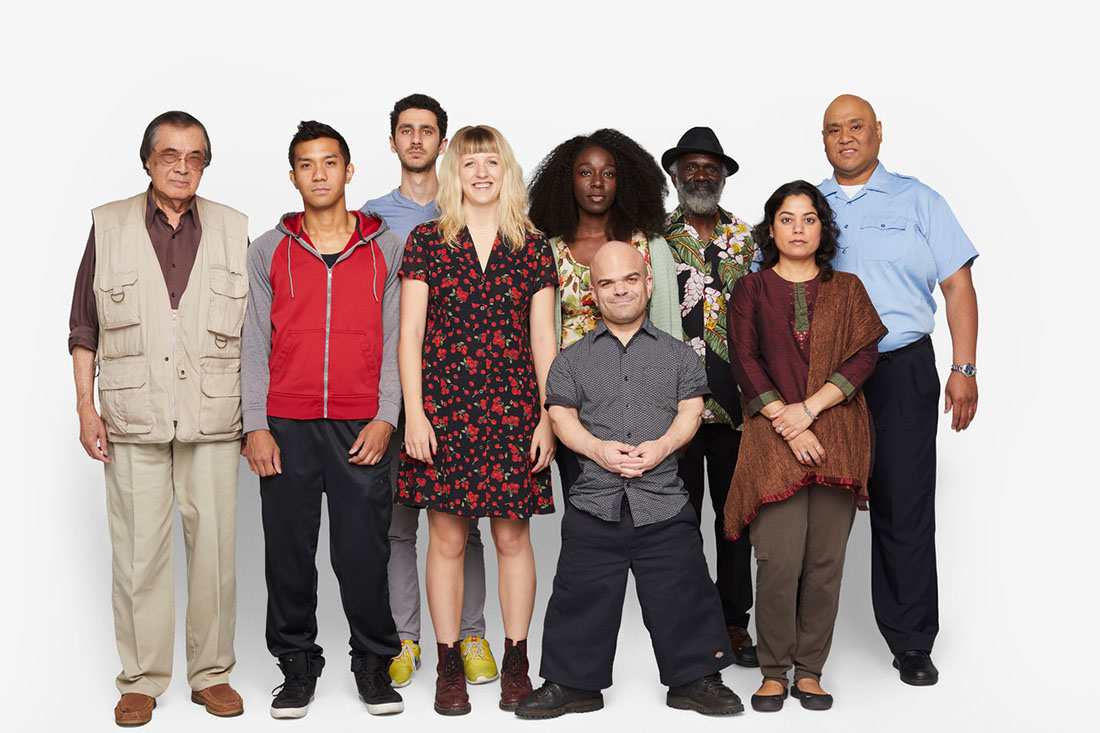
25 Sep What health care professionals should know about the NIH All of Us Program
Learn how the nation’s big-data health research program will enable you to provide more targeted care to your patients.
By Dr. Dara Richardson-Heron, National Institutes of Health (NIH)
In the coming years, you may be able to tailor more precisely the care you provide to patients with prediabetes or diabetes, compared to how you practice today. The specific guidance you give to a patient—regarding diet, exercise, glucose monitoring, and medication—could be shaped by that person’s genotype, lifestyle, environment, and a wealth of other data points to which you will have access.
This ability to apply “precision medicine” in diabetes care is one of the many outcomes promised by the National Institute of Health’s All of Us Research Program . Targeted management of many diseases, including diabetes, is the ultimate goal of the All of Us Research Program.
All of Us aims to improve health care through big-data science. It is designed to do for all diseases what the Framingham Heart Study has done for prevention and treatment of heart disease. Framingham, an ongoing observational study of around 5,200 people begun in 1948, was instrumental in uncovering the cardiovascular risks to heart disease. The study findings have helped contribute to a major decline in the disease’s occurrence over the past decades.
All of Us is similar but will be 40 times bigger, with a much more diverse participant community, and with more investigative tools available to researchers. The plan is to recruit 1 million or more people from all walks of life across the United States who will complete surveys, agree to share their electronic health records (EHRs) with the program, and provide physical measurements and biosamples. Some participants also may be asked to complete diet diaries or wear digital electronic devices to provide continuous health data, such as data on physical activity, heart rate, sleep patterns, and more. The information provided by each participating individual in All of Us will become part of the database, with obvious personal identifiers removed to protect privacy, and could potentially contribute to thousands of medical studies and thousands of medical advances. Read more …



